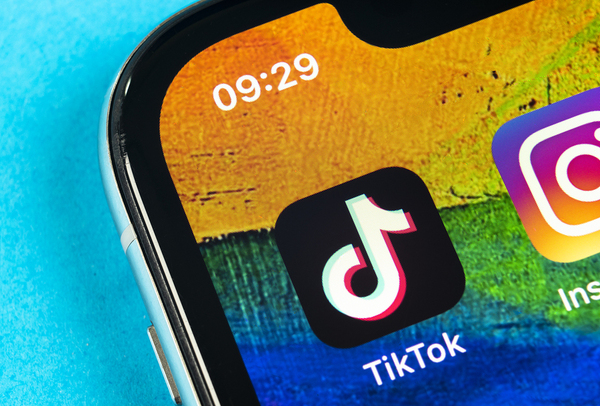Want to hone your ability to focus for better job performance? Learn some key tips on avoiding distractions.
We’re all aware that digital life has led to an increasing number of things vying for our time and attention. Both at work and in our personal lives, we may feel the need to keep up with Twitter and Facebook, along with other social media channels. At work, we feel the need to keep up with e-mail and perhaps with the group chats on apps like Slack that many companies foster.
A New Set of Haves and Have-Nots
Stanford University psychologist Nir Eyal points out that a triad of events has caused a wave of potential distraction. First, there is more information available than ever before digitally. Second, news and information are disseminating very quickly. Twitter and Facebook together run entire conversations and reactions in 24/7 time. If you don’t pay attention, you may be lost. Third, digital devices (laptops, computers, tablets, and phones) are available at all times. So not only is there tons of information trending, you can easily see it instantly.
But there’s an obvious trade-off to following the digital parade of technology news: lack of focus. It’s not just digital distraction, although that’s part of it. It’s more that people who are focusing on digital information and responding to it can’t focus on other things – such as developing a strategic plan, organizing a team-building activity, and targeting leadership development.
In fact, Eyal argues that the ability to focus will increasingly divide the world into a different kind of haves and have-nots. To quote: “those who let their attention and lives be controlled and coerced by others and those who proudly call themselves ‘indistractable’” will become two separate groups, as separate as those with economic resources and those without.
The second group will garner profound advantages in the workplace of the future, which will require complicated understandings, creative solutions, and critical problem-solving skills. They will have the time and focus to develop the needed capabilities and skills for the position.

Limit your social media time by setting a timer.
Managing Distraction
So how do you make sure you’re in the haves? You can become one of those who can be indistractable, and not prey to lack of focus.
The key is managing your digital interactions and devices. Here are some tips.
1. Set specific e-mail parameters
Managing your e-mail by setting certain times of day to access it. One rule of thumb is early in the morning, at noon, and in the evening. Avoid checking it every 15 minutes, or even every hour.
Don’t feel you have to keep up with everything. Set up a system for e-mails that need responses. But everything that does not specifically need your input is not a top priority.
Cull your inbox, too. If you are receiving a large number of “background noise” e-mails that are not crucial, unsubscribe or get off the e-mail lists if you can.
2. Limit your social media time
For many of us, social media like Twitter, Facebook, TikTok, or Instagram can be large time sucks. It’s vital to limit your time with these platforms.
At work, unless your job involves working with social media accounts, take a hard-line approach — no social media.
At home, decide the most prudent management system for you. To some degree, social media time can be handled like television time. If you are truly being entertained by Twitter and TikTok, and no other area of your personal life is suffering, determine how much time is reasonable for you to spend daily. It could be one hour per day. If it is, enjoy your time without worrying about it. Set a timer to let you know when you’ve hit your limit.
But crucially, once the time has elapsed, don’t keep reading/responding/watching. Many social media channels can be addictive. Avoid succumbing to the lure of one more post or one more picture, or five hours could pass you by.
